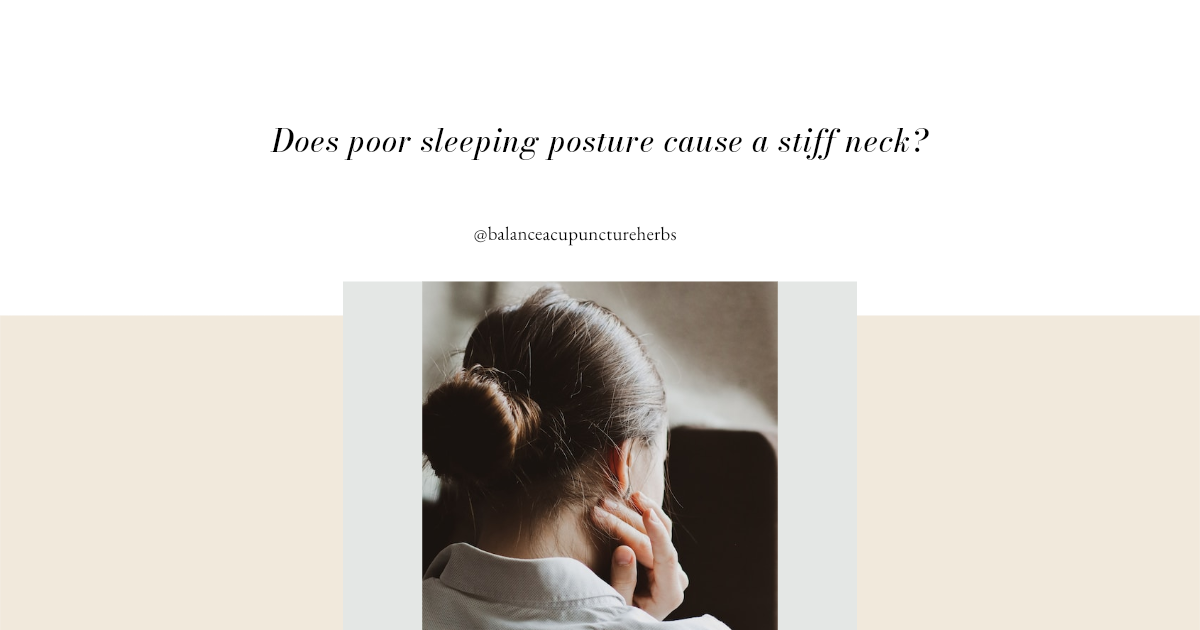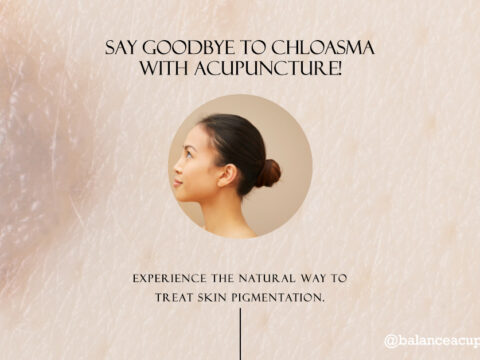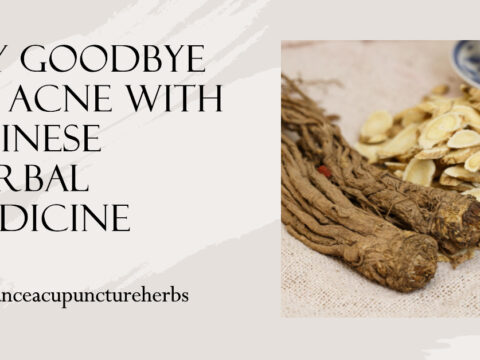
Does poor sleeping posture cause a stiff neck?
September 12, 2023
Relieve Menopause Symptoms with Acupuncture
September 28, 2023|
Getting your Trinity Audio player ready...
|
Tips to prevent stroke
Preventing stroke is crucial as it can cause severe harm. To reduce the risk of death and potential complications, preventing stroke is essential to recognize the signs of stroke and take preventive measures. As the saying goes, “Prevention is better than cure.” By effectively preventing stroke, it’s possible to decrease its negative impact significantly.
Suppose the general public can accurately comprehend these signs. In that case, it can prompt early warnings, prevent medical diagnosis and treatment delays, and effectively prevent stroke risk while maintaining physical health.
The following is a detailed introduction to the clinical manifestations of stroke precursors. It aims to draw readers’ attention and enable early identification of stroke possibility.
Stroke Precursors
1. Frequent dizziness: blood pressure is usually high or fluctuates wildly in TCM. When you often feel dizzy, vision rotates, and standing is unsteady. It will get better after a short time. Traditional Chinese medicine believes this is caused by liver and kidney yin deficiency and excessive liver yang, which interferes with the brain orifices.
2. Hemiplegia: Sometimes, an individual may experience hemiplegia, where one side of their body suddenly feels numb and weak, and even results in salivation at the corners of their mouth. These symptoms may last for a while and then disappear. According to traditional Chinese medicine, this condition is caused by blood stasis and poor circulation of Qi and blood in the meridians, which leads to a lack of nourishment in the orifices of the limbs.
3. Transient aphasia: When talking or giving a speech, you cannot speak for a short period or understand what others are saying. This is due mainly to phlegm blocking the meridians, blinding the heart orifices, and causing the tongue to malfunction.
4. Severe headache: When a person experiences a severe headache without any apparent cause, if the pain associated with an existing headache becomes more intense, or if an intermittent headache becomes persistent and is accompanied by nausea, vomiting, and other discomforts, it may be due to excessive liver yang and wind, which can disturb the clearing of the orifices. This can also cause a sudden rise in blood pressure in the patient.
5. Blurred vision: Blurred vision or blindness often occurs. Insufficiency of the liver and kidneys, internal movement of wind due to deficiency, and phlegm and turbidity disturbing the eyes and orifices are the pathological basis of these symptoms.
6. Abnormal personality: When an individual’s personality, behavior, and intelligence become abnormal, they may exhibit traits such as being quiet and distant, feeling anxious and depressed, becoming easily irritated, having outbursts of anger, or struggling with sound judgment and comprehension. This situation is often caused by an imbalance between the heart and kidneys, restlessness, and the liver’s fire burning the heart.
Acupuncture and Chinese Herbal Medicine
Acupuncture is primarily used to alleviate muscle tension in the limbs, which helps maintain balance and prevents muscle weakness or contracture caused by excessive or insufficient muscle tension.
If muscle tension is too high or weak before nerve recovery, it can cause muscle atrophy and affect limb function. Acupuncture can help maintain muscle tension and reduce rehabilitation difficulty.
If you or anyone you know who is middle-aged experiences any of the symptoms mentioned above, it is essential to be attentive and seek medical attention immediately to determine if there is a risk of stroke. Taking prompt action to address risk factors, such as managing blood pressure, blood sugar, and lipids, can help prevent potential problems. It’s best to nip these issues in the bud and take steps to minimize the risk of stroke.
Read More:
90% of headaches are tension headaches.




